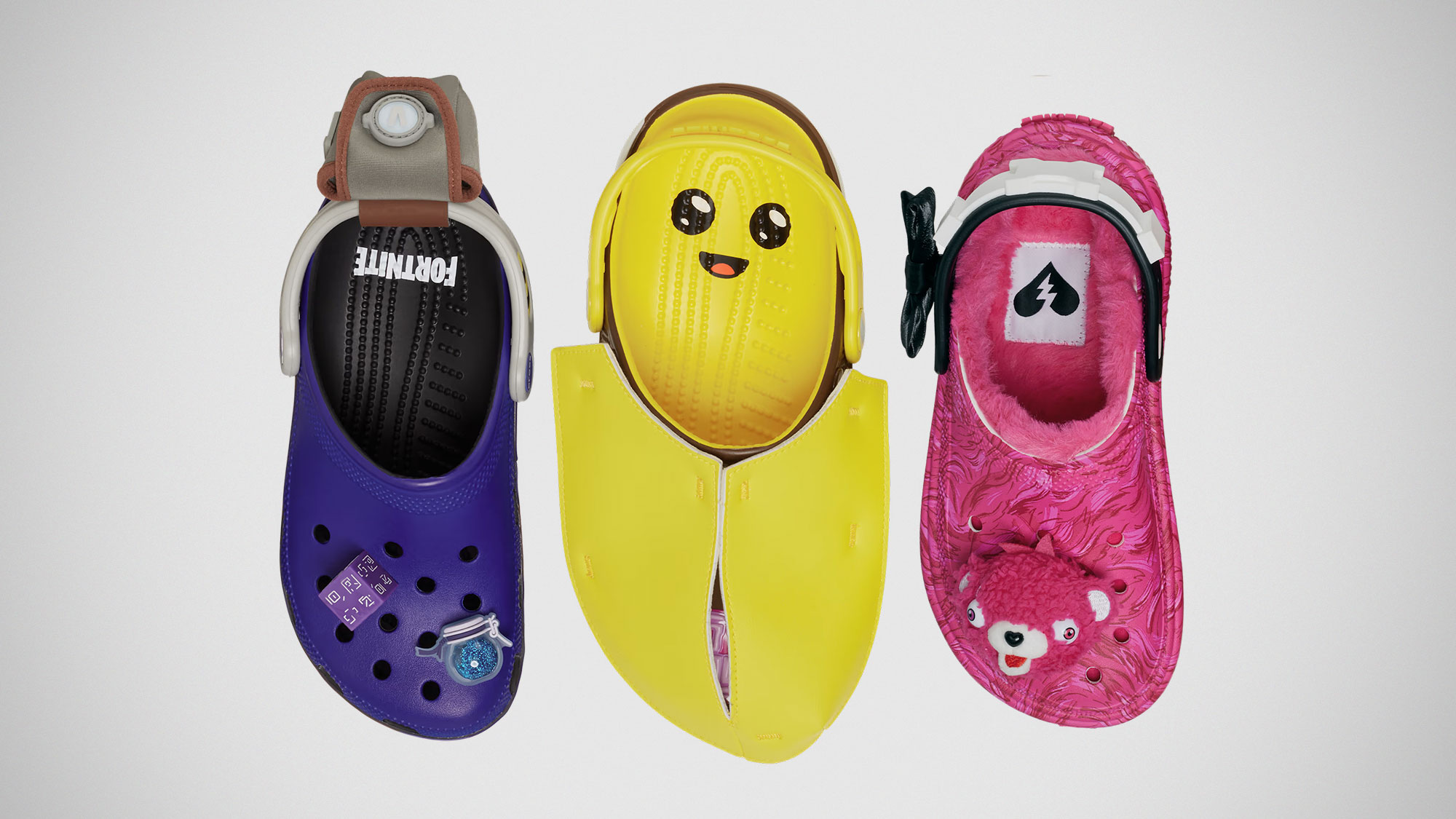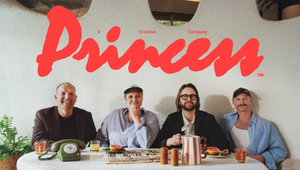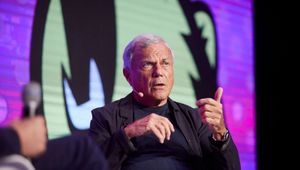
Gen Z Is Almost 30: Why Marketers Need to Rethink Everything They Know About Youth Culture

For years, gen z has been treated as the ‘emerging’ audience. Digital natives with evolving tastes and untapped spending power. Well, that narrative is officially outdated. Gen z is no longer on the rise: they have arrived. Now pushing 30(!), they’re leading culture, reshaping industries, and demanding substance over surface. Right behind them is gen alpha, who are already flexing real-world influence, driving household purchases and setting the tone for tomorrow’s trends.
According to social-first creative agency, Saylor, brands that view these groups as passing trends rather than cultural forces are missing the moment. In its latest thought leadership piece, Saylor’s head of strategy Raul Rios explores what marketers are still getting wrong about these generations, and what it’ll take to keep up.
Here, Raul tells LBB’s April Summers how gen z and gen alpha are rewriting the rules of brand building, how content must grow up with them, and why future-proofing is less about platform mastery and more about cultural fluency.
LBB> What are the biggest mistakes brands make when trying to connect with an audience that’s no longer ‘emerging’ but leading culture?
Raul> The biggest mistake is treating gen z and gen alpha like trends to chase when they’re actually steering culture. These audiences aren’t the warm-up act. They’re the headliner. Too many brands show up like tourists trying to speak the language without ever learning the culture. Crocs pulled it off with Fortnite and Balenciaga collabs. They were built with online communities, not just riding them.

Image credit: https://mikeshouts.com/crocs-x-fortnite-collection/ Crocs x Fortnite
Meanwhile, others slap a viral sound under stale strategy and wonder why no one cares. That’s cosplay, not connection.
According to Camphouse, 50% of gen z expect brands to actively take a stand on social issues. Buying values isn’t optional, that’s the baseline.
LBB> Gen alpha is still young but they are already shaping trends and household purchases. Can you share a recent gen alpha-driven cultural moment that brands underestimated?
Raul> Gen alpha isn’t waiting for permission. They’re creating cultural currency now. Samyang ramen, Owala bottles, Stanley tumblers. They didn’t blow up with ad dollars. Gen alpha fueled the frenzy through snack hauls, Roblox trends, and un-boxing content. Axios reports Alphas influence 42% of household spending and control over $100 billion directly. The Future Laboratory projects their economic footprint will hit $5.5 trillion by 2029, surpassing combined spending power of millennials and gen z. By 2030, Gen alpha will be launching stories, trends, and markets, not just growing into them. Brands that ignore these creators today risk being forgotten tomorrow.
LBB> You talk about the rise of value-driven marketing. Beyond the usual talk about purpose, what tangible actions or brand behaviours actually resonate with these generations?
Raul> Purpose plastered on posters is invisible to gen z and gen alpha. They want values woven into the brand’s operating system. Patagonia embedded activism from day one. Fenty launched inclusion as a founding principle. Ben & Jerry’s links flavours to causes. Lush exited platforms that conflict with its ethics.
First Insight finds 62% of gen z prefer sustainable brands and 73% will even pay more for them. These generations want evidence, not declarations. If your values aren’t built into your product, people, and policies, you're just pretending.
LBB> How do you see gen z’s transition into their 30s changing the type of content platforms or creative formats that will work best for them?
Raul> Gen z is leveling up, and so must their content. They still love short-form, but now they want purpose and depth. Glossier and Notion grew with them, evolving tone without losing edge. Apple keeps marrying emotion with innovation. Cropink reports gen z spends four hours a day on social platforms, more than any other group. But they also flock to newsletters, authentic storytelling, and niche communities. Brands that offer everything from a five-second spark to a ten-minute idea will thrive. If you're still designing for their teen self, you're missing who they are now.
LBB> In practical terms, how can brands future-proof their strategies so they don’t end up chasing trends that age out quickly?
Raul> Future greatness isn’t built on chasing every trend, it rests on elasticity. LEGO jumps from Star Wars to BTS to Stranger Things and still stays LEGO. Oatly turned oat milk into satire, purpose, and art. Duolingo leaned so hard into meme culture it became a media channel. Taco Bell revived menu legends through fan nostalgia. Rare Beauty launched with wellness baked in, not added later. Netflix built franchises that live beyond the screen.
Visa CEMEA shows Gen Z’s share of global spend rising from 4% in 2022 to 23% by 2035. That’s not a signal. It’s a shift. Future-proof brands build identity that flexes without fracturing.
LBB> As someone leading strategy at a social-first agency, how do you see the role of entertainment evolving for these generations over the next five years?
Raul> At Saylor, we don’t treat entertainment like an afterthought. It’s the operating system. Gen z and gen alpha don’t separate stories from purchase decisions. They scroll, laugh, and shop, all in the same swipe. A June 2025 report from eMarketer, citing Edison Research and SiriusXM Media, reveals 49% of US Gen Z are decidedly more likely to pay attention to ads that make them laugh or feature music they enjoy. That’s not optional. That’s the price of breaking through.
Gen alpha isn’t far behind. Over 64% of kids aged eight to 12 use YouTube and TikTok every day, and more than 30% of them watch YouTube Shorts for over two hours daily according to the Annie E. Casey Foundation.
The brands that win culture work like creators, not just marketers. Ryanair rose to TikTok fame through unscripted absurdity. Scrub Daddy turned a sponge into a personality. Red Bull became a cultural studio. e.l.f. and Chipotle dropped beauty collabs that felt like pop culture events. Canva made creative expression feel universally accessible. Nike continues to turn athlete stories into emotional epics. Roblox hosts virtual concerts and mash-ups that blur boundaries between play, brand, and community.
The rule is simple. If your brand can’t entertain, it can’t engage. Entertainment isn’t the cherry on top anymore – it is the strategy.
Read more from LBB Editorial here
Read more from LBB's April Summers here















